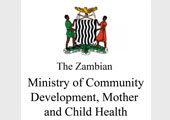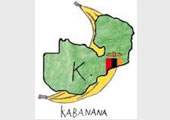In 2010, The Unforgotten opened a field office in Lusaka, Zambia. Since then we have been the only NGO providing aid to the mothers and children living off the trash dump in the Chingwere district.
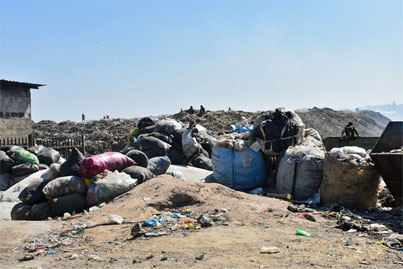
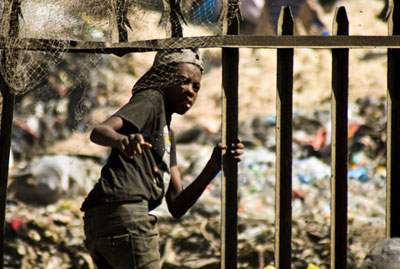
In collaboration with the Mapalo School, we educate children who otherwise would be scavenging in the dump to help their families survive. Educating the children provides an opportunity for them to live healthy, fulfilling lives.
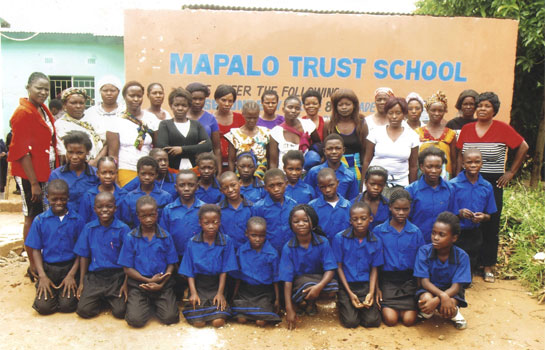
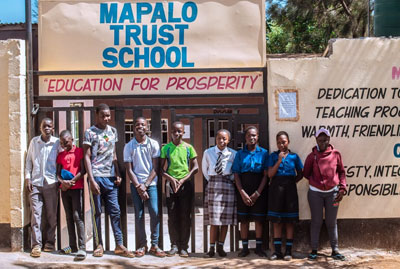
Our longtime supporters may recognize the faces of the children. When we started, they were child wastepickers, about the age of preschoolers, but now they are grown students with bright futures. School is currently out, and may be suspended again because of COVID, but there is no holding them back.
Despite the difficult circumstances created by the COVID pandemic they are contining their education in public schools, some of which are many miles from their homes. The Unforgotten continues to support them with school fees and encouragement. In December 2020 we hope to have our first high school graduate, Christine Phiri. Our scholarship fund will continue to assist Christine and her schoolmates as long as they remain committed to learning and advancing in school.
Our sincere thanks to all our donors, board members and volunteers for changing the lives of these children forever.
Background: Wastepickers in Zambia
68% of Zambians live below the national poverty line and unemployment is widespread. Due to its dependence on the mining industry, the Zambian economy suffered greatly from the 2009 economic depression. Furthermore, the HIV epidemic, while in decline in Zambia, still has an estimated prevalence rate of 13.5% among adults. These socio-economic conditions affect all genders and age groups, but they disproportionately affect women and youth. Many disenfranchised families turn to wastepicking at dump sites as a source of employment (in recycling) and dangerously, for food.
The working and living conditions of wastepickers are unhygienic and dangerous. At dumpsites, wastepickers are often exposed to raw sewage and toxic chemicals while they scavenge recyclable materials to sell and food to eat. This exposure can cause disease and injury. Families that rely on wastepicking are impoverished, malnourished, and vulnerable. Malnutrition is an underlying factor in over half of childhood deaths. Many children who eat food from the dumpsites suffer diarrheal diseases, which can cause death. Housing is another danger at the dumpsites in Zambia. One-room houses are often poorly constructed and lack access to toilets, running water or electricity. Overall these conditions are dreadful. Childhood mortality is very high and malnourishment and truancy has a major impact on the physical, cognitive and emotional development of the surviving children.
Projects
The mission of the chapter is to improve the lives of the unemployed, undernourished children and their mothers, who live in dumpsites or inhabit the neighboring dwellings (slum areas). The Unforgotten Zambia Chapter specifically targets wastepickers living in the Chingwere District of Lusaka as well as several orphanages throughout Zambia. The Unforgotten was able to identify these beneficiaries after partnering with Bwafwano, a community-based organization that had been in the area for over six years.
The Unforgotten currently aids 30 families in the Chingwere District. Most of these families in the program are female-headed households — there are 30 children and 24 mothers in the program. We have enrolled the children at Mapalo Trust School. The Unforgotten pays for primary schooling for the children and provides a monthly bag of maize meal to each household to supplement the families’ nutritional needs. Additionally, The Unforgotten subsidizes lunch during school for all students in the program, which provides them a healthy balanced diet.
Overall, our sponsored students are improving in school and on their performance reports. The children range from Grade 1 to Grade 7. Three of them will soon take their Grade 7 examinations—two girls, one boy. If they score high enough marks, then these three will go to Secondary school. Last year, two out of four of our sponsored children were able to graduate to high school. The Unforgotten’s Children Scholarship Program provides financial support in secondary school for these most outstanding students.
Unfortunately, some children struggle to leave the dumpsites and stay in school. Recently, The Unforgotten had to remove a student, John, from the program because of his continued absenteeism. His younger sister, whose twin brother died due to food poisoning after eating food from the dumpsite, replaced him.
We have an active microlending program, in which the mothers have started small businesses, including jewelry making.
We have also completed two drinking water projects: one in the village of Ngwerere and one in the village of Kabanana. Our program there is at a critical juncture — we would now like to see the women become independent and support themselves and their families. To enable this, The Unforgotten purchased an Agricultural Plot and provided training on how to raise chickens, pigs and crops. The construction of the pigsty is now complete. The women have also begun plantation of vegetables on the agricultural plot.
To date, the women have successfully planted onion and Chinese cabbage. With the coming rainy season, there are plans to plant Maize as well. Additionally, the pigsty is almost finished now and will have 6 different compartments. This is critical because the women will be able to generate more income from selling piglets than produce.
The team and women in Zambia are excited about the progress that has been made. The roofing is done and the process of plastering the walls is underway. The completion of the agricultural project will be an enormous accomplishment for the women in Zambia, and the beginning to a self-sustaining future.
In 2014, on the recommendation of Mercy Kids, another Non-Governmental Organization active in Zambia, the Lusungu Children’s Home in Chingola, near the northern border with Congo, was selected as the beneficiary of a capital water project.
For detailed information about The Unforgotten Projects in Zambia, please visit the Projects section of this website.
Project Staff
Project Manager, Rabecca Machiya, leads The Unforgotten team in Zambia, along with field coordinator, Kangwa Chewe.
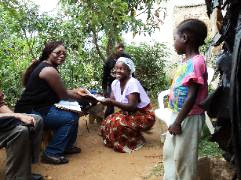
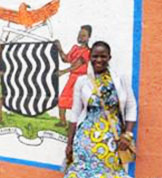
Partnerships and Stakeholders
The Unforgotten Zambia Chapter works with several local partners, including:
- Ministry of Agriculture
- Ministry of Community Development
- Kabanana Orphanage
- Lusungu Children’s Home
- Bwafwano Organization
Personal Stories
Let’s meet some of the young women and men in the program today:
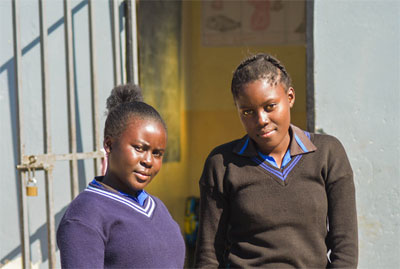
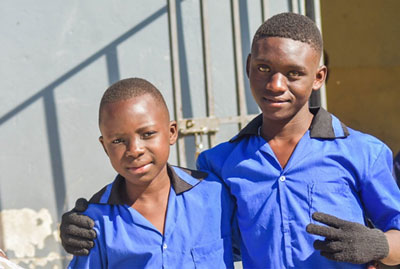
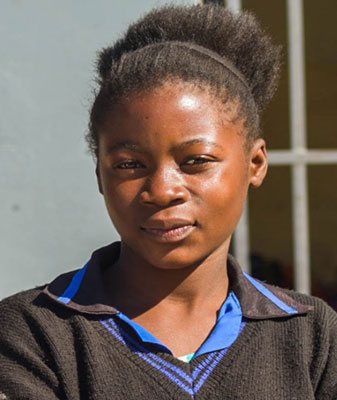
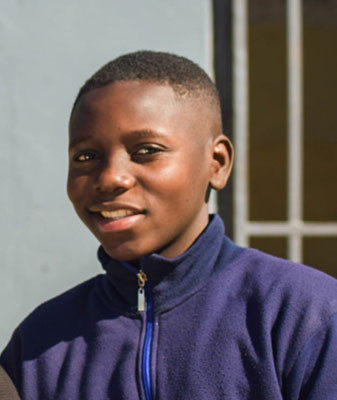
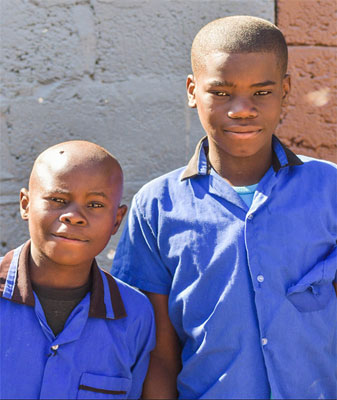
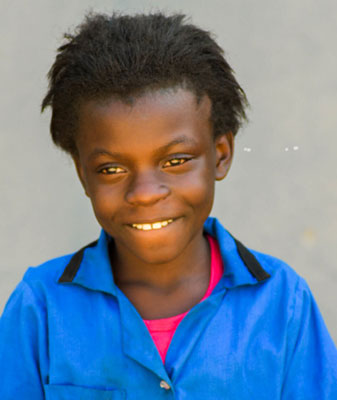
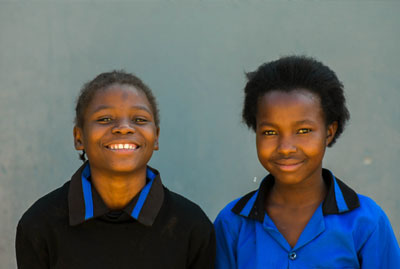
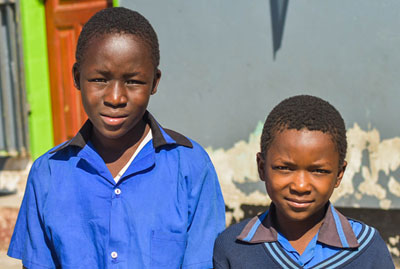
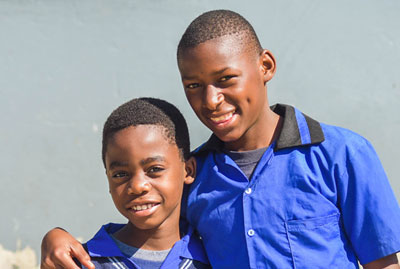
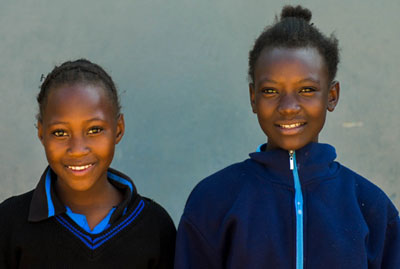
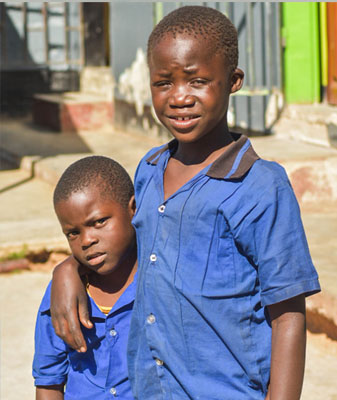
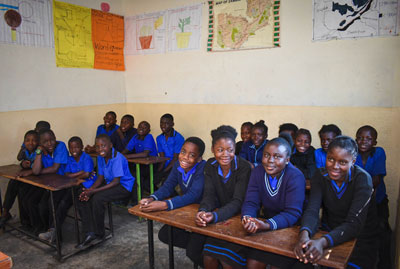
Beatrice Mwangala and her children
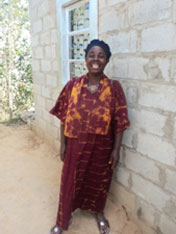
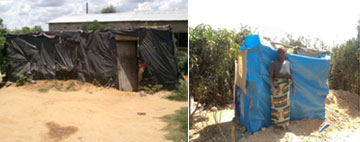
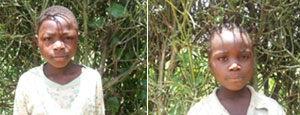
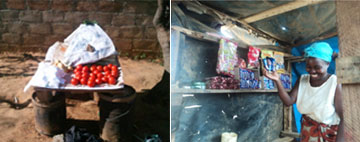
Beatrice has done well and has managed to repay back approximately 70% of her loan. Today Beatrice is a happy mother who plans to expand her business in her next loan cycle. She wants to order reed mats, rice and fish from Mongu for resell in Lusaka. She has managed to send her son to Mapalo Trust School to redo his Grade 9 and hopes to send her other children once she raises enough finances.
For more information about our Zambia Chapter, please contact Sepo Imakando Musokotwane ( : sepo.musokotwane@gmail.com )
